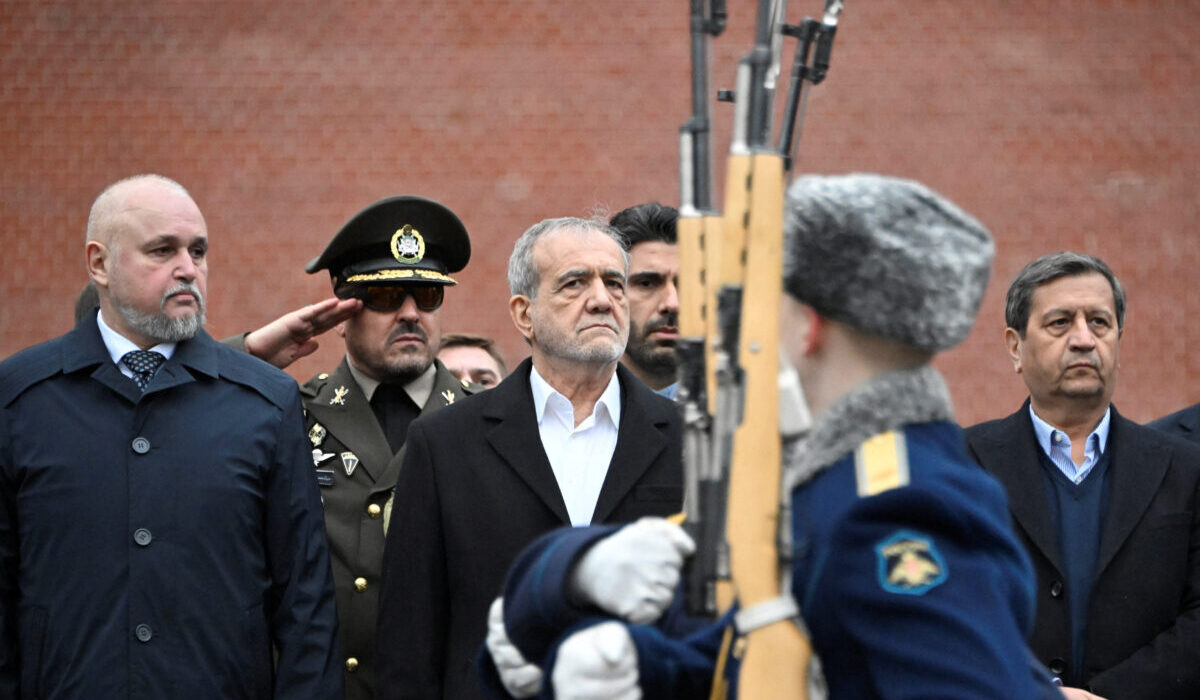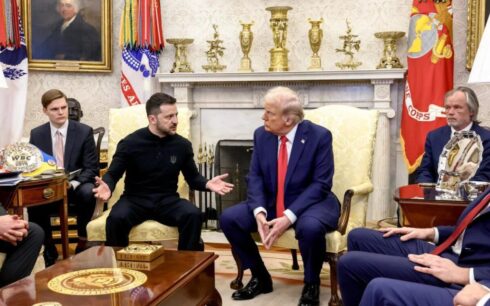MOSCOW — Iranian President Masoud Pezeshkian arrived in Moscow on Friday for talks with Russian President Vladimir V. Putin, marking his first visit to the Kremlin since assuming office last July. His presidency follows the death of his predecessor in a helicopter crash.
Pezeshkian was greeted at the airport by Russia’s energy minister, Sergei Tsivilev, signaling the importance of energy-related discussions during the visit.
The two leaders are expected to focus on strengthening bilateral ties and addressing international issues before signing a landmark strategic partnership treaty. The agreement, according to the TASS news agency, will deepen cooperation across various sectors, including defense.
Russia has increasingly aligned itself with Iran and other nations critical of the United States, such as North Korea, amid its war in Ukraine. Moscow has forged strategic agreements with Pyongyang, Belarus, and China, highlighting a pivot toward nations that share its adversarial stance against the West.
The 20-year agreement between Russia and Iran is likely to raise concerns in Western capitals, particularly as it is set to include expanded defense collaboration. Both nations have insisted that their growing partnership is not aimed at any third country, though their actions have drawn scrutiny.
Iranian-made drones have been a critical component of Russia’s military operations in Ukraine. The United States has accused Tehran of supplying ballistic missiles to Moscow for use in the conflict, allegations that Iran has denied. While the Kremlin has refrained from confirming reports of receiving Iranian missiles, it has acknowledged collaboration with Iran in what it describes as “the most sensitive areas.”
Friday’s meeting builds on previous interactions between the two leaders. Putin and Pezeshkian held discussions on the sidelines of a BRICS summit in Kazan last October and met again during a cultural forum in Turkmenistan later that month.
Pezeshkian is accompanied on this trip by Iran’s oil minister, signaling that energy-related topics, including the impact of Western sanctions on the sector, are likely to feature prominently in the talks.





